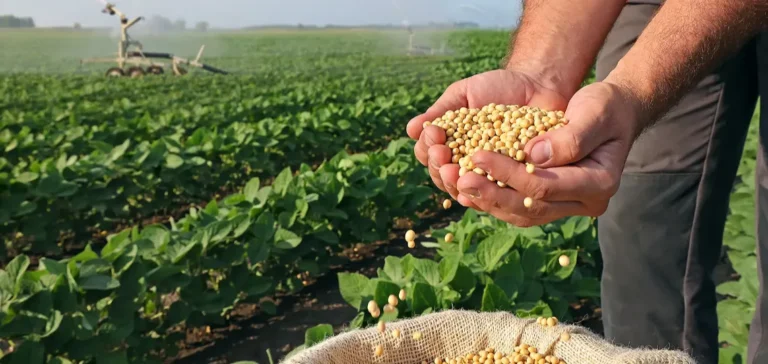A group of 47 US lawmakers has urged the Environmental Protection Agency (EPA) to confirm the biodiesel production levels proposed in June as part of the “Set 2” rule under the Renewable Fuel Standard (RFS) programme. The legislators seek to maintain the upward trajectory of mandatory biodiesel volumes to offset losses faced by domestic soybean producers affected by reduced exports to China.
In their letter addressed to EPA Administrator Lee Zeldin, the lawmakers called for regulatory stability and a prioritisation of domestic feedstocks. The letter highlights that nearly one quarter of the value of each bushel of soybeans processed in the United States is directly linked to biofuel demand.
Record volumes planned through 2027
The EPA’s proposal outlines a gradual increase in mandatory biomass-based biodiesel volumes, reaching 7.12 billion Renewable Identification Numbers (RINs) in 2026 and 7.5 billion in 2027, compared to 5.36 billion in 2025. This equates to 5.61 billion gallons of production in 2026 and 5.86 billion in 2027, up from the current 3.35 billion.
The proposal also includes a 50% reduction in RIN credits for imported renewable fuels or those produced from foreign feedstocks. The measure aims to strengthen the competitiveness of US producers as trade tensions continue to limit access to the Chinese market.
Soybean trade weakened by US-China tensions
Between January and August 2025, US soybean exports to China fell to just 218 million bushels, down from 985 million the previous year. The decline marks a significant contraction for a market that absorbed nearly half of all US soybean exports in 2024, according to the American Farm Bureau Federation.
During the June-August period, shipments to China were virtually non-existent. The deterioration in trade flows adds pressure on farm operations, with many producers facing narrow profit margins. Republican Senator from Iowa Chuck Grassley stated that federal biofuel policies should “prioritise domestic agriculture and production”.
Decision expected after consultation period
The EPA continues to collect industry input before finalising the rules for 2026 and 2027. The process has been delayed by ongoing disputes between oil and biofuel industry groups over Small Refinery Exemptions (SRE), which allow certain facilities to bypass RFS requirements.
The public consultation period on SREs will close on October 31. The EPA is expected to issue the final “Set 2” rule shortly afterwards, barring delays related to the partial government shutdown that began on October 1.






















